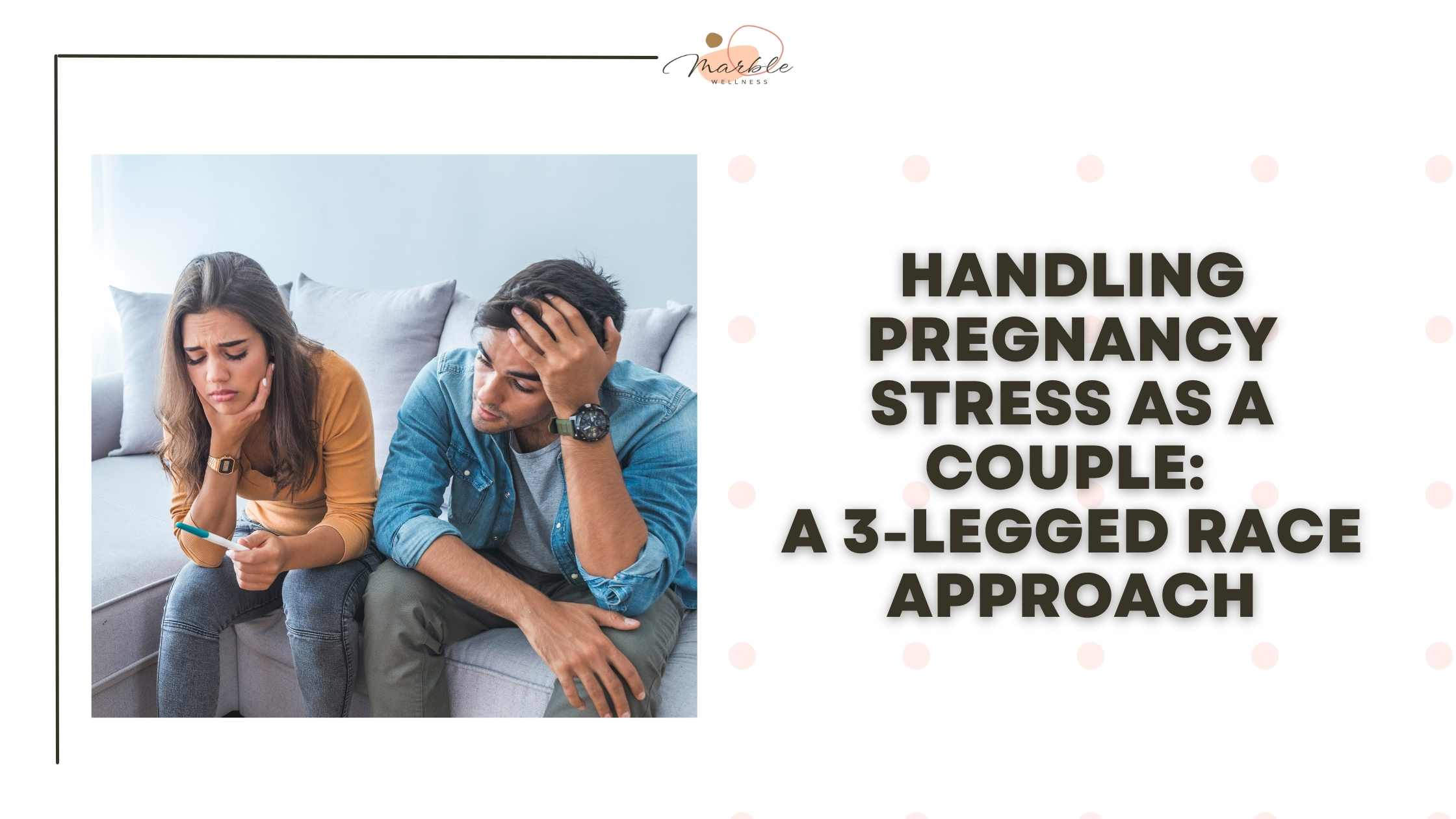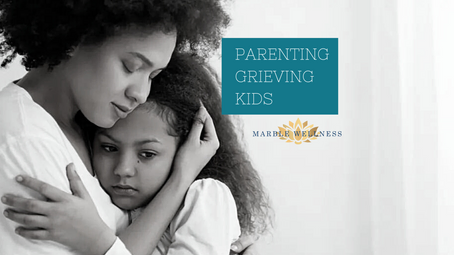Death, the great equalizer. Grief, the shared, universal experience for each person in the human race.
After you lose someone, people often offer learned wisdom from their own grief experience. Some of that is welcome. Much of it isn’t.

Sometimes that’s because the advice was unsolicited and ill-timed. Often, it’s because you’re just not in a place to hear about it.
But as you move forward in your own grief journey—sometimes floundering, sometimes surprised at feeling okay for a little bit—you still search for insight, tips, books, a podcast episode, anything that will be the something that makes you think “ahh, yes. That’s it. That’s the kind of information I’ve been looking for. The helpful something that might help this go a little more easily.”
In an attempt to contribute at least a little bit to that subset of knowledge, our grief therapists have rounded up a few things that no one tells you about grief and loss….but should.
We hope it helps, even if just a little bit. And as always, wish you peace in your heart.
1) This is a “what no one but your grief therapist tells you” …
The stages of grief are not real. You might not linearly progress through denial, anger, bargaining, blah blah blah. In fact, you might not feel angry at all. You might not bargain with God or the universe or whatever (if any) Higher Power you believe in.
The stages of grief were helpful in that it got people talking about grief and the emotions people feel. It gave some language and parameters to the grief experience that previously had been left ambiguous; unsorted; known in the heart but not tethered with language.
But it’s not helpful in that it can kind of subtly suggest you could be doing it wrong. And here’s the thing about grief: there is no doing it wrong- unless you’re hurting someone or yourself.
Grief, while universal, is also universally unique.
So many contributing factors change, morph, and impact YOUR relationship with the person who died. Which means that OF COURSE your journey with your grief (which, by the way, is now a journey that is with you forever) is solely yours.
So, know those stages (depression; anger; denial; bargaining; acceptance. Also, fun fact. A sixth stage has been added: finding meaning. More on that another time.) and use them to the degree they help you. And leave behind the parts that are useless to you.
2) You’ll read a lot of articles about getting through the holidays. Great—that’s helpful. Needed. Welcome.
What you won’t read is the significance of x day on y month – the dates in your life that weren’t publicly marked but mean SO MUCH to you and the life you shared with the person who died. For example, the anniversary of your first date with your now deceased husband or the day you learned you were pregnant with your deceased child. Even though they aren’t as discussed, these days have just as much, if not more, meaning than holidays. Plan for these, too.

The “plan” can start with just having awareness of those dates and preparing for the emotional impact of them. You can then add layers to the plan as works for you and your emotional needs. That could mean:
- Sharing those dates with support people in your life
- Preparing to take a day off of work (or even a half day!) or, if it works better, making sure you are working on those days for a bolstering of support or distraction (distraction is an okay coping tool at certain times, as long as it isn’t your only coping tool or an avoidance tool)
- Engaging in an activity that is related to the significant day
- Any form of self-care that feels good to you
3) Year 2. Like Smash Mouth tells us, “The years start coming and they don’t stop coming” and this is true for grief, too.
You are prepared for “Christmas: Year 1”. In fact, you have a plan – the food, the decorations, the card. Your support networks reach out to you-a call or a text; snail mail; a little care package. And you do it. You get through Year 1. It can feel like a relief. “I’m still standing,” you might think to yourself. And as Year 2 and Year 3 unfold, the outreach from others stops. Sometimes, even your own “prep” falls off. But then the significant days in Year 2 come and you’re surprised the heavy stuff is still there. It’s okay that it’s there – you’re not crazy. But it doesn’t mean it feels good. So, know that the grief journey is more than “Year 1.” And that it’s okay if the load of that grief ebbs and flows. And know it’s okay to reach out for support: from friends and family; church and neighbors; a grief therapist or a support group. This support is valid to want at any point in your grief journey, not just in Year 1.
4) Other losses – even ones not super close to you – can dredge up old stuff.

When you read about a new young widow in the paper, you’re reminded of your own story, even if you don’t know this family from Adam. The same is true for the new grief event that is unique to you – a move, job loss, unfulfilled dream. It can hit harder, deeper, or more poignantly than times in the past when you had an event like that. While you can’t plan for or be expected to anticipate all of these impacts, you can know what tools to grab for when your grief wound is pushed against. So consider this: What are the staples in your “taking care of me” kit? Have those things handy. And don’t feel ashamed when you need to use them. It’s okay if something brought up the grief. It’s also very okay to do what you need to (on the healthy side!) to feel better.
Need Additional Resources from Grief Counseling?
If you’re reading this as a person who is supporting someone else in their grief, you may it helpful to read our blog that talks about 10 Ways to Support Someone Who is Grieving.
If you are someone who is grieving, you may want to hop on over to our blog on 3 Ways to Increase Peace After a Loss.
Try Online Grief Counseling in St. Louis, MO or Via Online Therapy in Missouri Today!
If you’re interested in getting started with grief counseling, get in touch with us today and we can get you scheduled!
Wishing you peace and comfort.
Talk to you soon!
Start Therapy for Mental Health in St. Louis
If you live in St. Louis and are ready to improve your mental health, we are here to help.
Contact Us!

Additional Counseling Services at Marble Wellness in St. Louis, MO and Chicago, IL
Counseling services designed to help set you on a path of living a more fulfilled, calm, and happy life.
St. Louis
Our St. Louis team of therapists have a variety of training backgrounds and areas of expertise. We specialize in anxiety, depression, grief, chronic illness, therapy for men, couples, and maternal overwhelm. We can also help new moms with various postpartum concerns, moms in the thick of parenting, and moms with teens. We can also chat from wherever you are in the state with online therapy in Missouri and online therapy in Illinois. No matter where you are in your journey, we would love to support you.
Chicago
Our Chicago team of therapists offer a wide range of mental health services to help our clients through the different challenges and hurdles in their life. In addition to anxiety, depression, grief, therapy for men, and maternal overwhelm, we are specialized in professional burnout, therapy for breakups, and love partnering with working moms.



